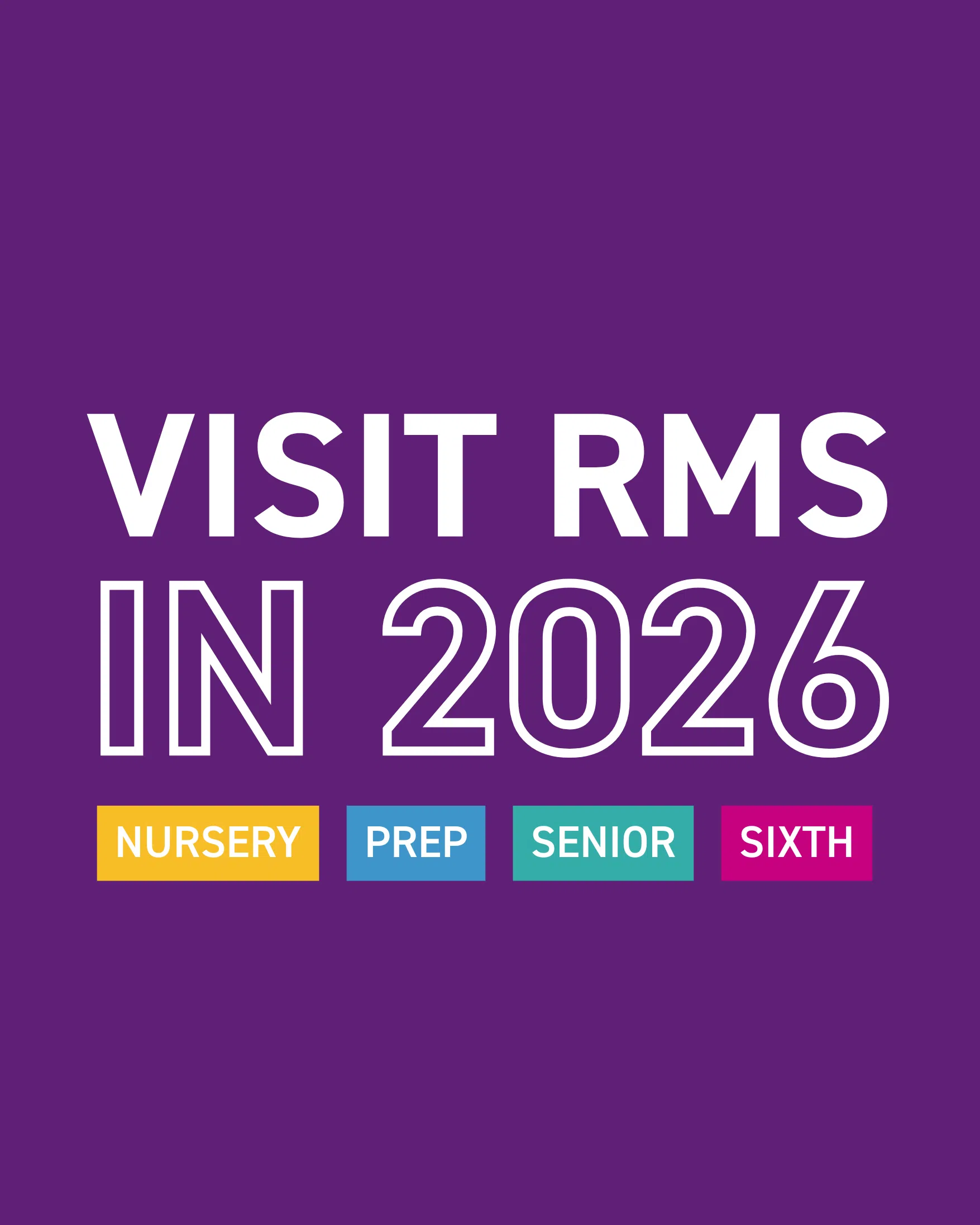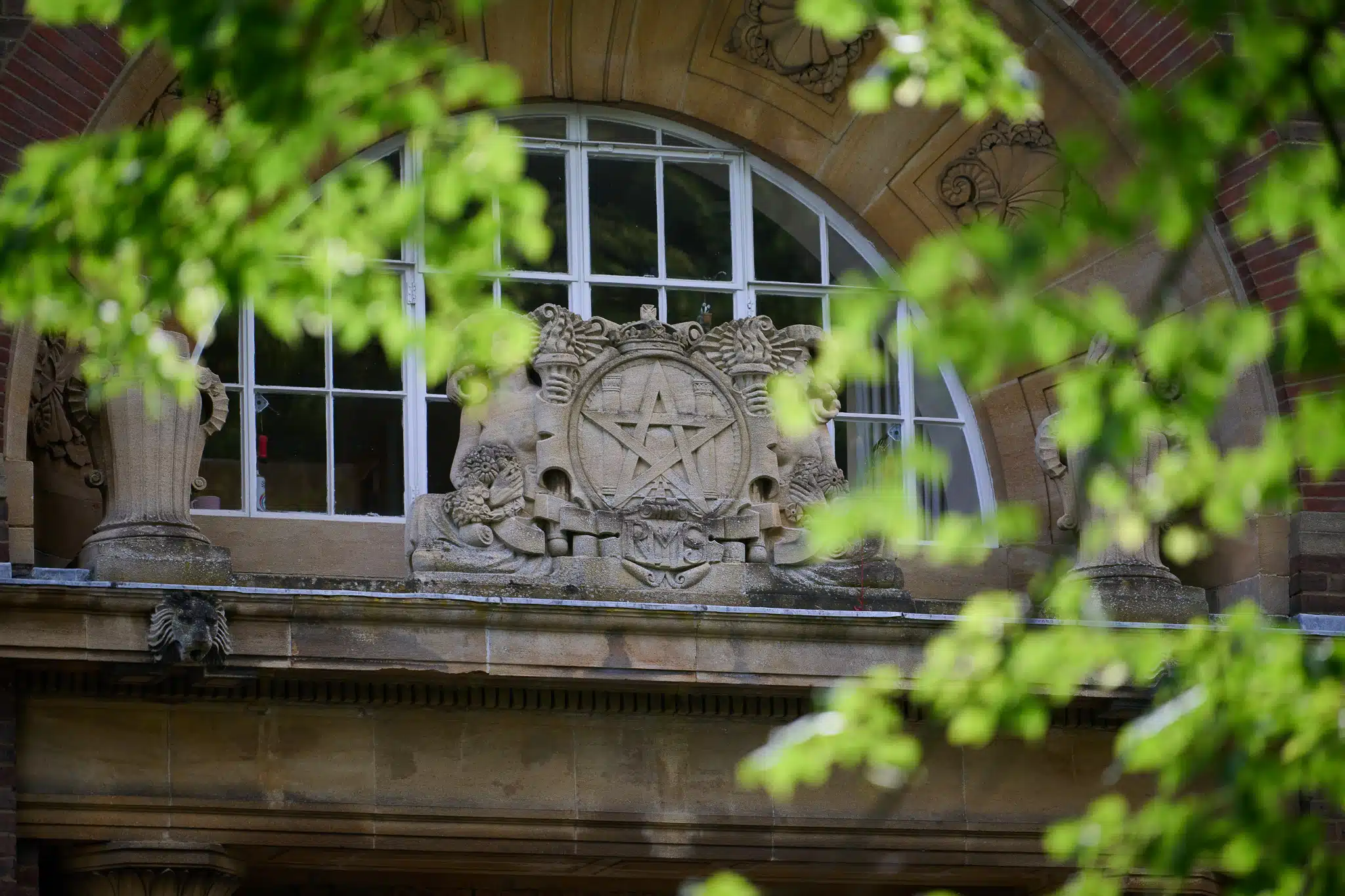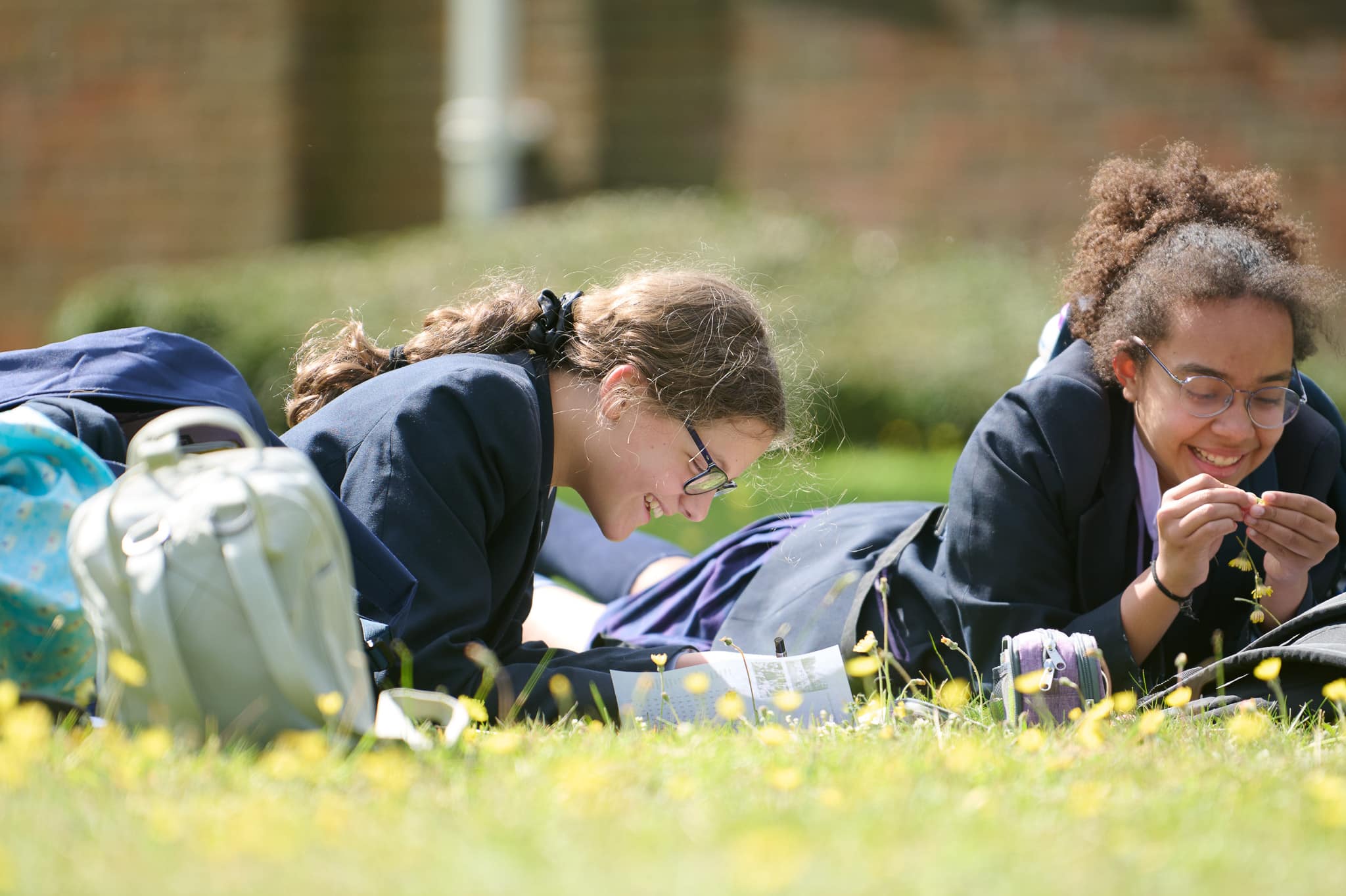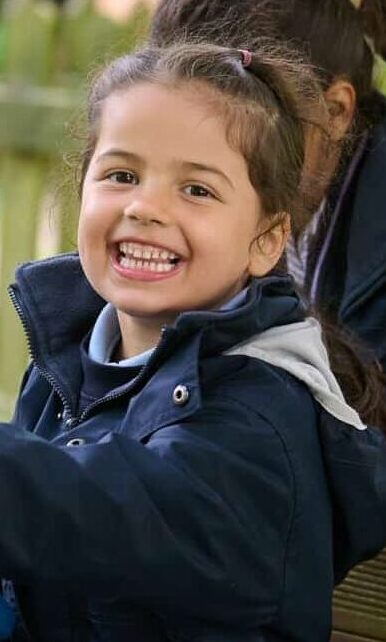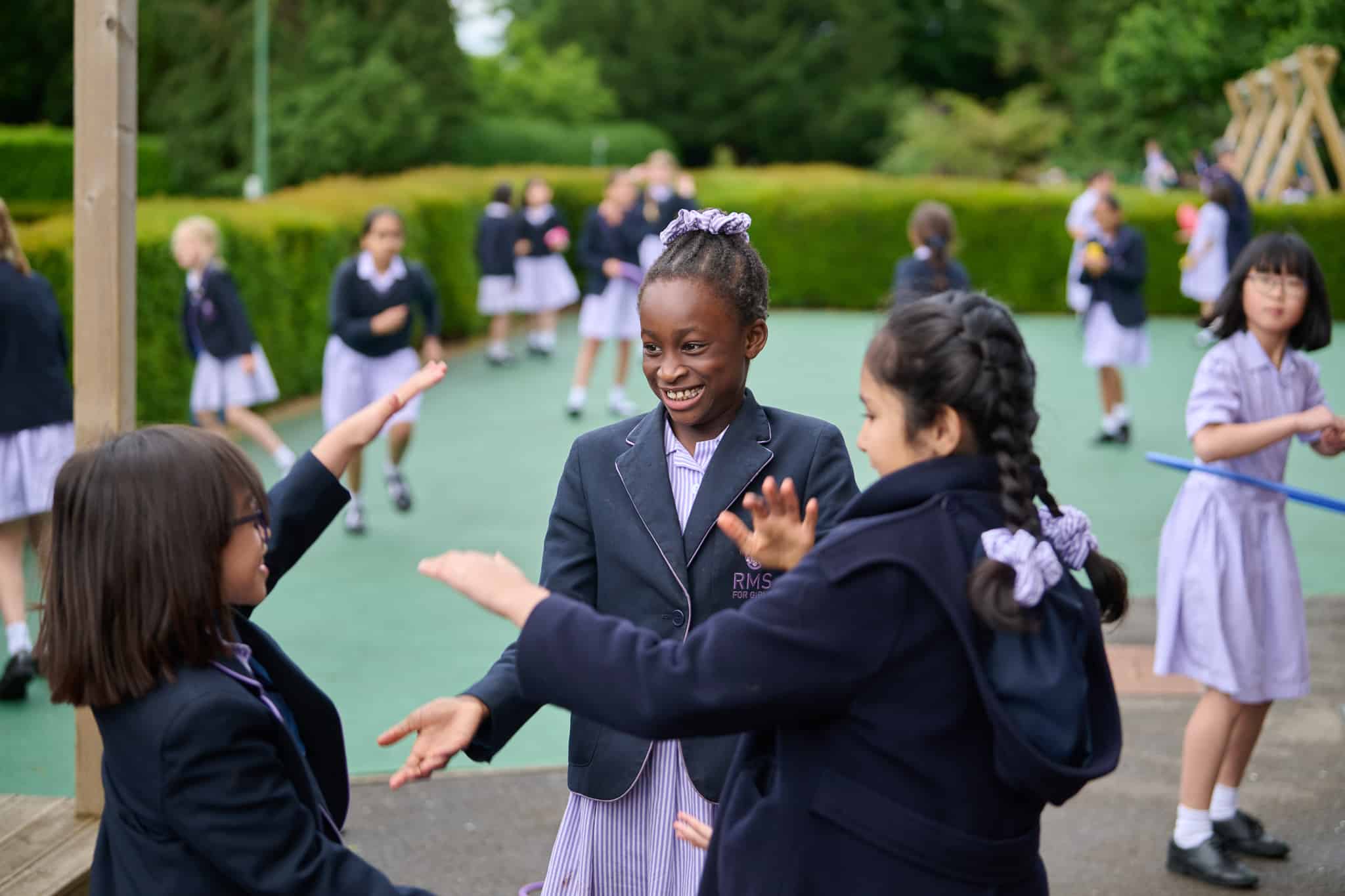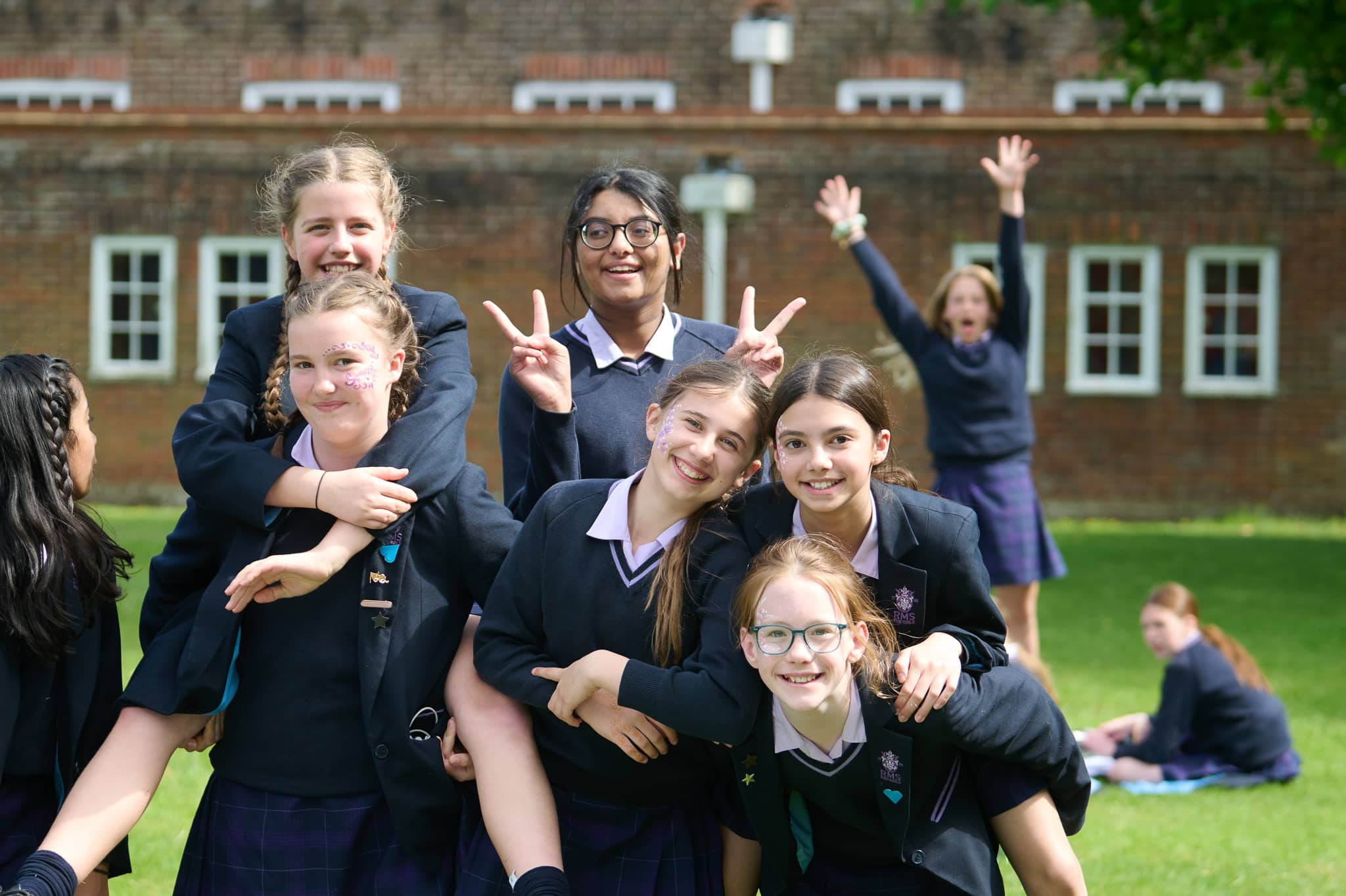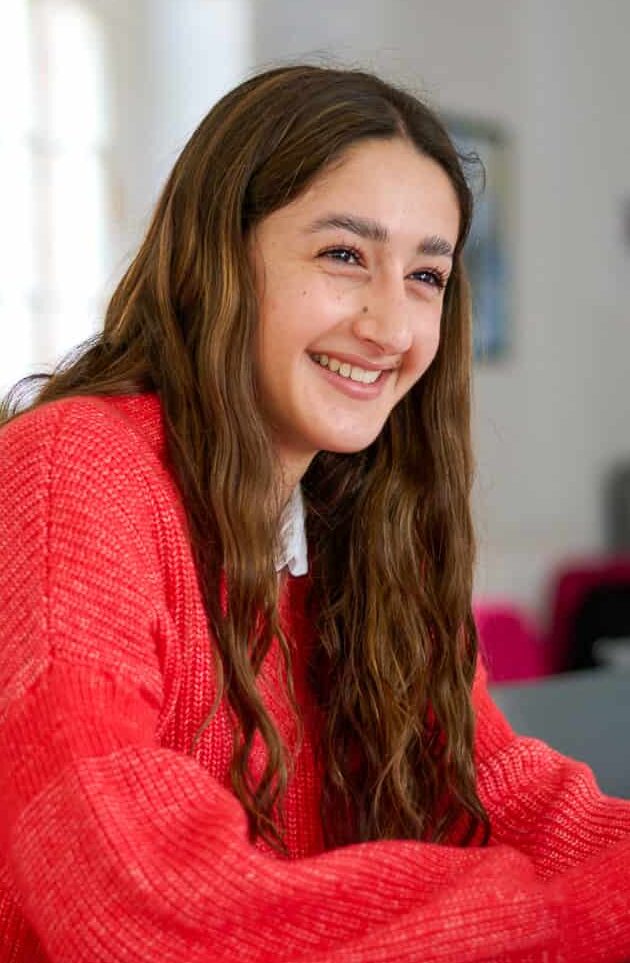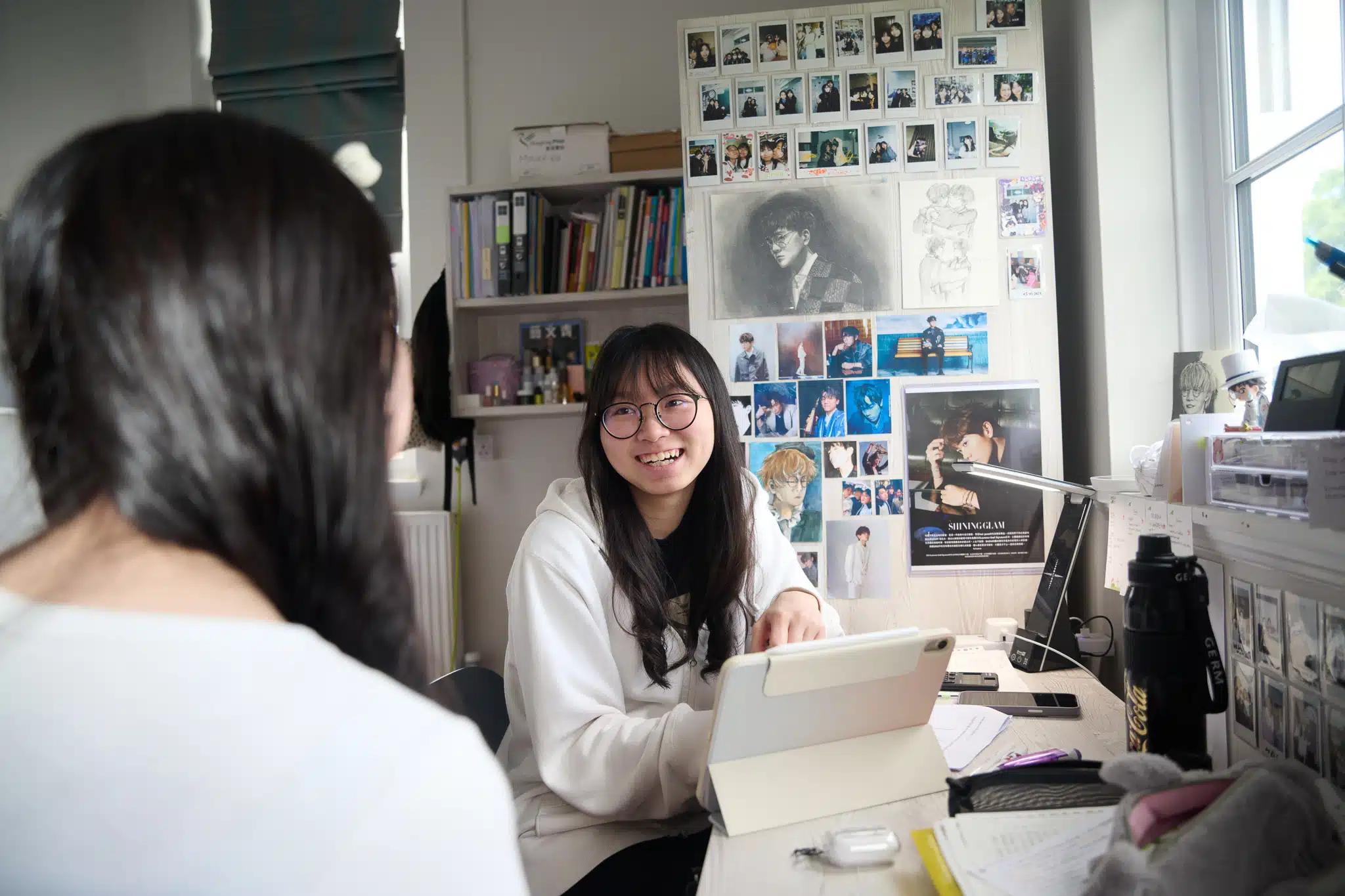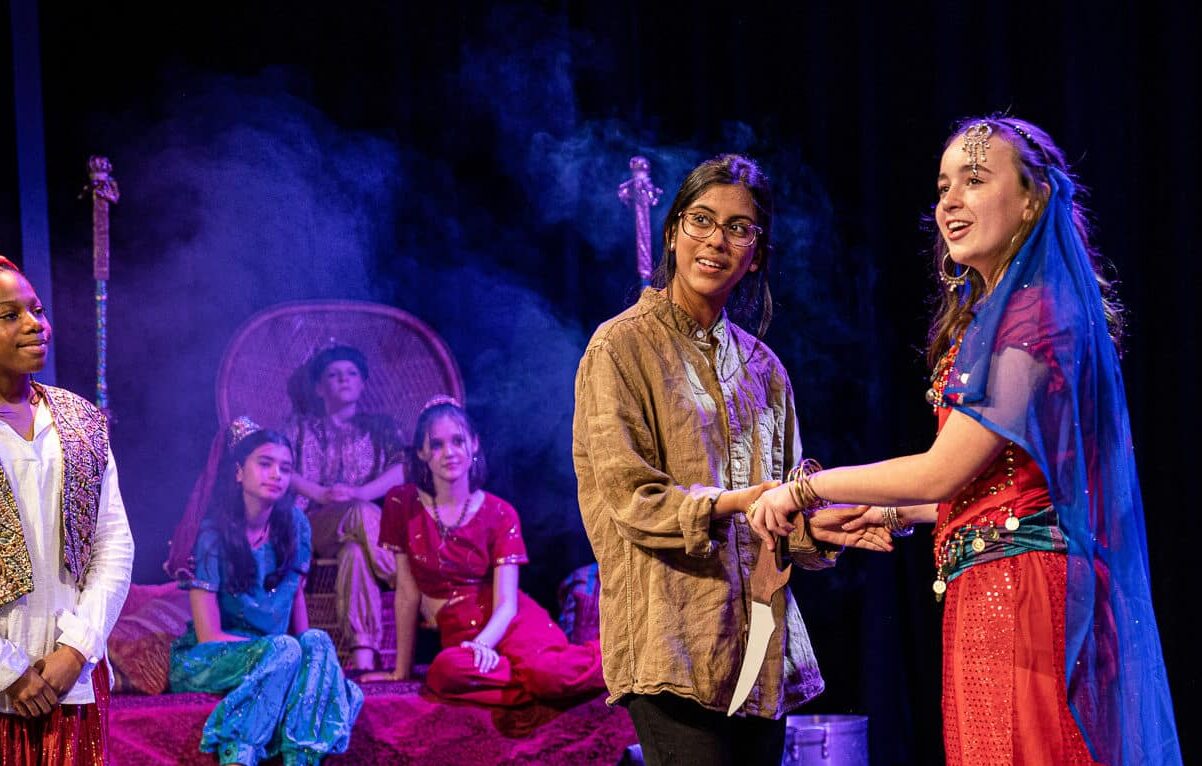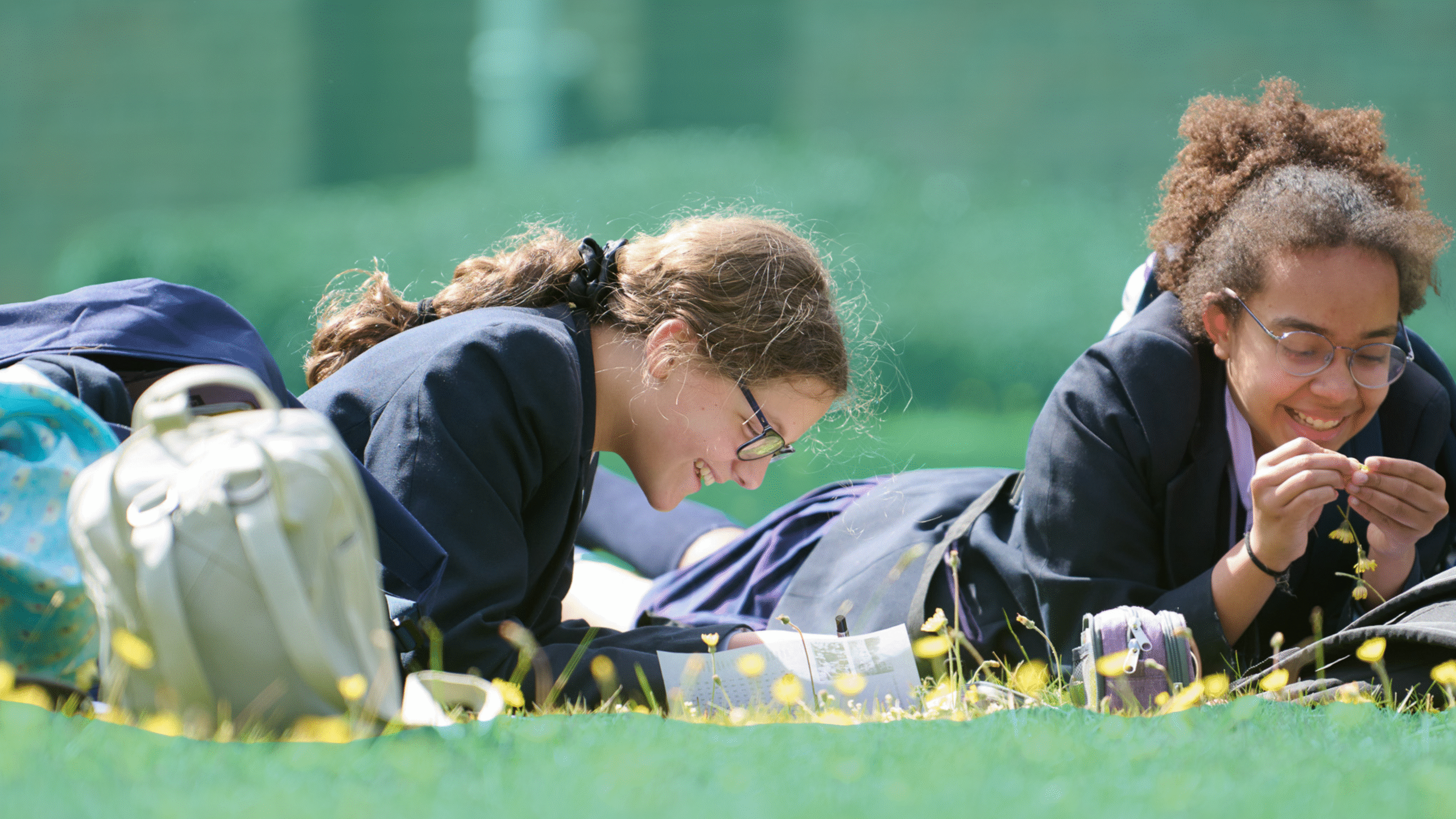In our second episode of our Stirred By The Sun: Mini Episode series, we join the conversation around how RMS approaches supporting every student.
Hear directly from two RMS students as they reflect on the powerful impact our PALS (Provision of Assisted Learning and Support) department has had on their journey at RMS.
This heartfelt snippet is part of a larger conversation exploring how RMS approaches supporting every student. Listen below, and be sure to check out the full episode on Spotify.
What Does PALS Mean to You?
Sophie describes PALS as a constant presence:
“PALS is always there to support me whenever I need help. If I don’t understand something in lessons, they break it down for me so I can keep up.”
Tara, a sixth former, shares how the impact of PALS extends far beyond academics:
“As a person with SEND needs, it affects my whole life—not just school. PALS helped me come to terms with my dyspraxia. They’ve taught me coping strategies, but more than that, they helped me accept who I am.”
Mr. Carson adds:
“For some, support is academic. But it often overlaps with anxiety, planning, organisation. It’s holistic; support in one area often helps in many others.”
Positive Experiences That Shape Our Students
Sophie reflects on her early struggles in maths:
“In Year 7, I got really stressed during tests. But with PALS, I started to feel more confident. Now I’m doing so much better in maths.”
She highlights the value of pacing and support:
“Sometimes I don’t get things the first time, and PALS helps break it down. It really makes a difference.”
For Tara, the journey was more personal:
“I found out I had SEND-type issues in Year 9 and was assigned to Miss Hawkins. I was a wreck at first, but she helped me accept my dyspraxia—even with everyday things like buttoning clothes or managing anxiety before sports.”
Alfie, the Therapy Dog, and Creating Connection
Tara has also taken a lead role in RMS’s therapy dog programme:
“Our dog Alfie comes in twice a week. It’s a space to relax, de-stress, and connect across year groups. I help with homework or just chat with younger girls—it’s a lovely community space that reflects RMS values.”
Mr. Carson notes the deeper impact:
“Students come for Alfie, but stay for connection. It turns into something bigger—sharing experiences across year groups, building support networks.”
Understanding and Misconceptions About SEN
When asked about common misconceptions, Sophie is quick to respond:
“Some people assume students with SEN aren’t intelligent, but that’s not true. I’m not great at maths, but I love reading and writing. People with SEN often think creatively and solve problems in different ways.”
Mr. Carson agrees:
“There’s no correlation between SEN and intelligence. We have incredible artists, scientists, performers here who receive support. It’s about how people learn—not how smart they are.”
Tara builds on that:
“People think we’re either too quiet to join in or too disruptive. It’s not about ability—we just process things differently. I love participating in class and debating. But those assumptions can hold us back.”
Ideas for a More Inclusive School
Both girls have suggestions for how RMS, and other schools, can continue to improve.
Sophie says:
“We need more understanding. Assemblies or events to educate others about SEN would help a lot.”
Tara suggests more peer mentoring:
“Our teachers are great, but sometimes, only other students really understand. I’d love a mentoring programme where older SEN students can support younger ones. I had my sister, but not everyone does.”
Advice to Students Newly Diagnosed with SEN
To finish, Mr. Carson asks what advice they’d offer students who’ve just received a diagnosis.
Tara’s response is powerful:
“Perseverance is key. SEN isn’t a weakness—it’s a beautiful part of who I am. It’s given me empathy and resilience. Finding out is a huge first step, and you should be proud of that.”
Sophie adds:
“Your SEN can be your superpower. I don’t think I’d love English and writing the way I do if I didn’t have dyscalculia.”
PALS at RMS isn’t just about support, it’s about empowerment. It’s about helping every student feel understood, capable, and proud of who they are. As Sophie and Tara show, the right support doesn’t just help students cope, it helps them thrive.
Listen to this SBTS Mini Episode below.
